Sen. Bam: Free college is a courtesy, not hush money
The government should not use free education to gain political loyalty or prohibit students from exercising their right to free expression and dissent, according to Sen. Bam Aquino.
“Walang kapalit ang libreng kolehiyo. Hindi dapat nilalagyan ng pamahalaan ng limitasyon ang karapatan ng mga estudyante kapalit ng libreng edukasyon sa pampublikong unibersidad at kolehiyo,” said Sen. Bam, principal sponsor and co-author of RA 10931 or the Universal Access to Quality Tertiary Education Act.
“The free college law is a form of benefit to the Filipino people, and should not be used for blackmail or as hush money,” added Sen. Bam.
Sen. Bam stressed that students in SUCs must not surrender their right to speak and dissent just to enjoy free education.
“We commend the Filipino youth who continue working for a cause, speaking up and speaking out against policies that are counter to their values and beliefs,” said Sen. Bam.
Also, Sen. Bam is confident that Filipino students are responsible enough to know their limitations or if their actions are affecting their studies or not.
“Tiwala ako na responsable na ang ating mga estudyante. Hindi nila hahayaang makaapekto ang kanilang pagpapahayag ng saloobin sa kanilang pag-aaral,” said Sen. Bam, allaying fears that protesting students are a waste of taxpayers’ money.
The Universal Access to Quality Tertiary Education Act provides free education to students in SUCs, local universities and colleges (LUCs) and TESDA-run vocational schools. Aside from tuition fees, the government will shoulder miscellaneous and all other mandatory fees.
Scholarship grants will be made available to students of both public and private college and universities. It also provides a new and improved student loan program, where students can apply for financing for other education expenses.
Also, the law allows students taking post-graduate studies to avail of the new and improved student loan program and scholarships under the law.
Sen. Bam is one of the co-authors and the sole principal sponsor of the free college law in the Senate.

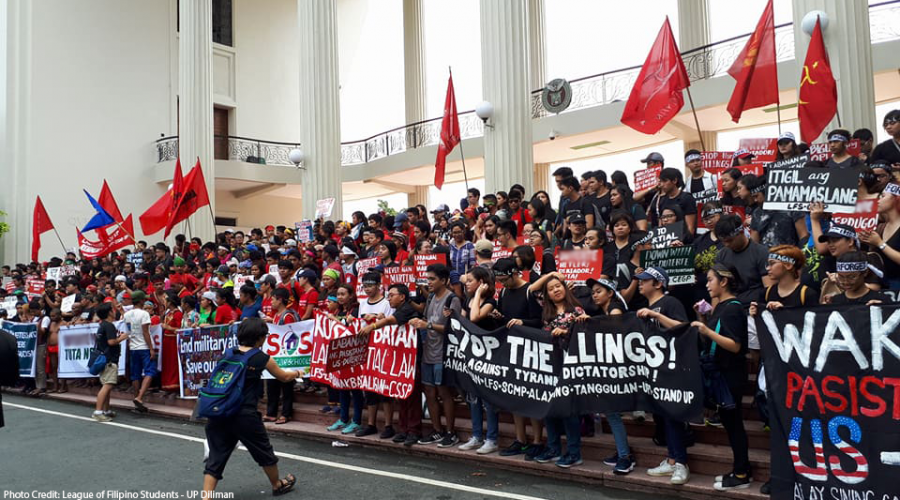
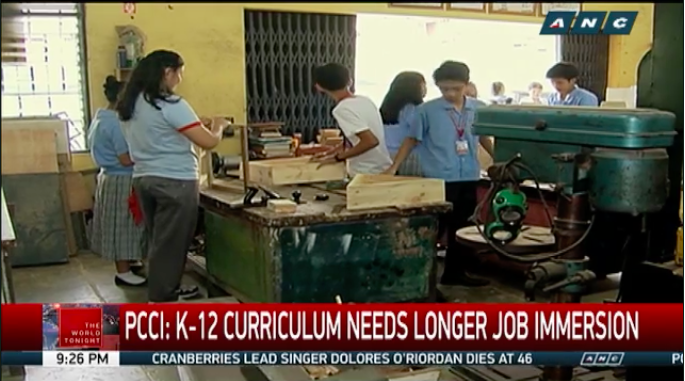
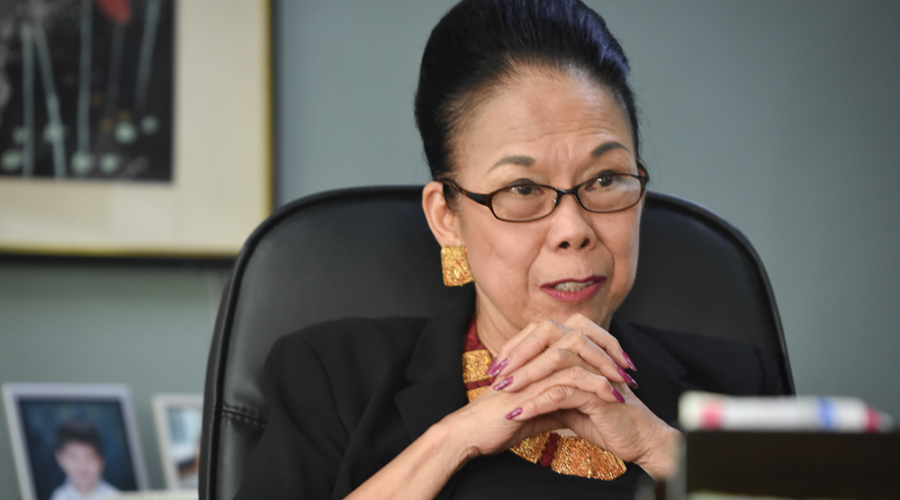
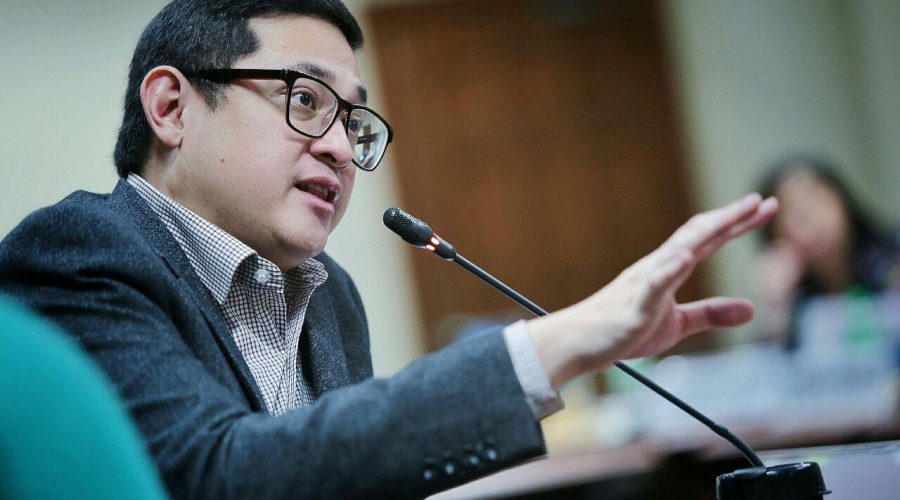
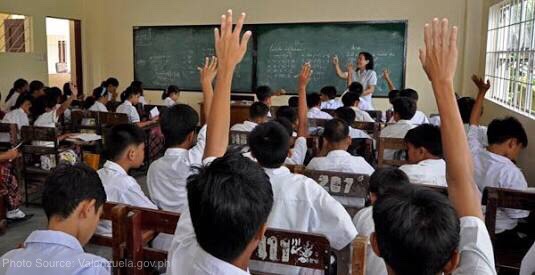
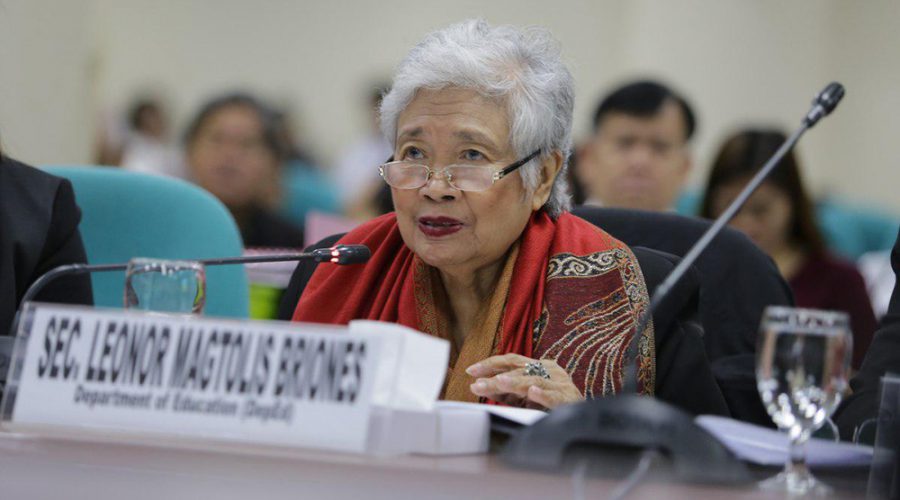
Recent Comments